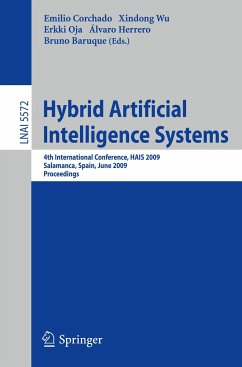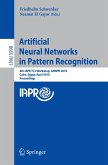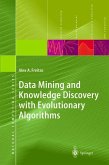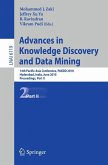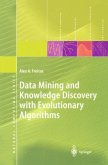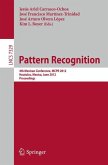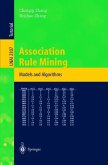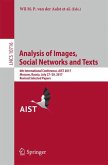The 4th International Conference on Hybrid Artificial Intelligence Systems (HAIS 2009), as the name suggests, attracted researchers who are involved in developing and applying symbolic and sub-symbolic techniques aimed at the construction of highly robust and reliable problem-solving techniques, and bringing the most relevant achievements in this field. Hybrid intelligent systems have become increasingly po- lar given their capabilities to handle a broad spectrum of real-world complex problems which come with inherent imprecision, uncertainty and vagueness, hi- dimensionality, and nonstationarity. These systems provide us with the opportunity to exploit existing domain knowledge as well as raw data to come up with promising solutions in an effective manner. Being truly multidisciplinary, the series of HAIS conferences offers an interesting research forum to present and discuss the latest th- retical advances and real-world applications in this exciting research field. This volumeof Lecture Notes in Artificial Intelligence (LNAI) includes accepted papers presented at HAIS 2009 held at the University of Salamanca, Salamanca, Spain, June 2009. Since its inception, the main aim of the HAIS conferences has been to establish a broad and interdisciplinary forum for hybrid artificial intelligence systems and asso- ated learning paradigms, which are playing increasingly important roles in a large number of application areas.

